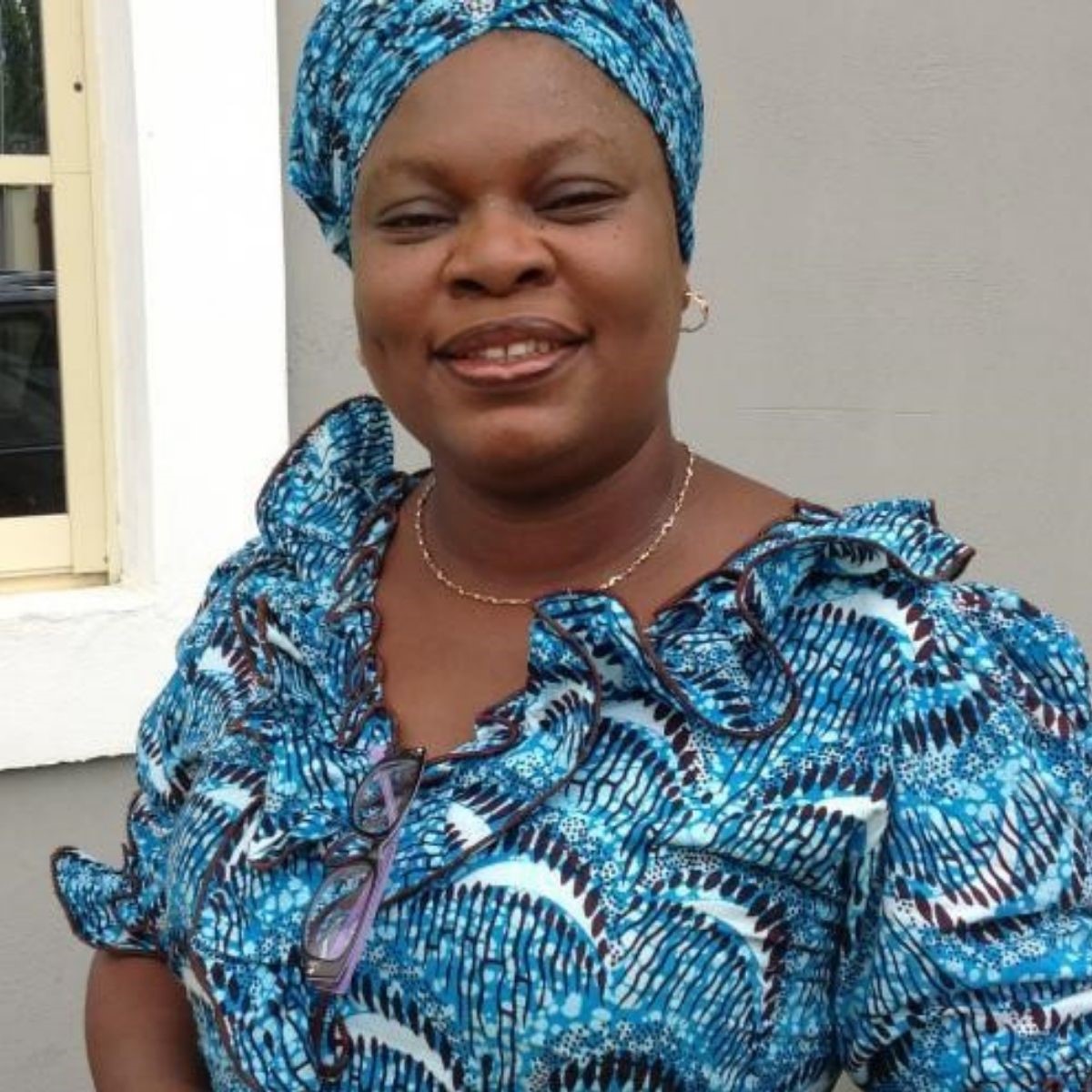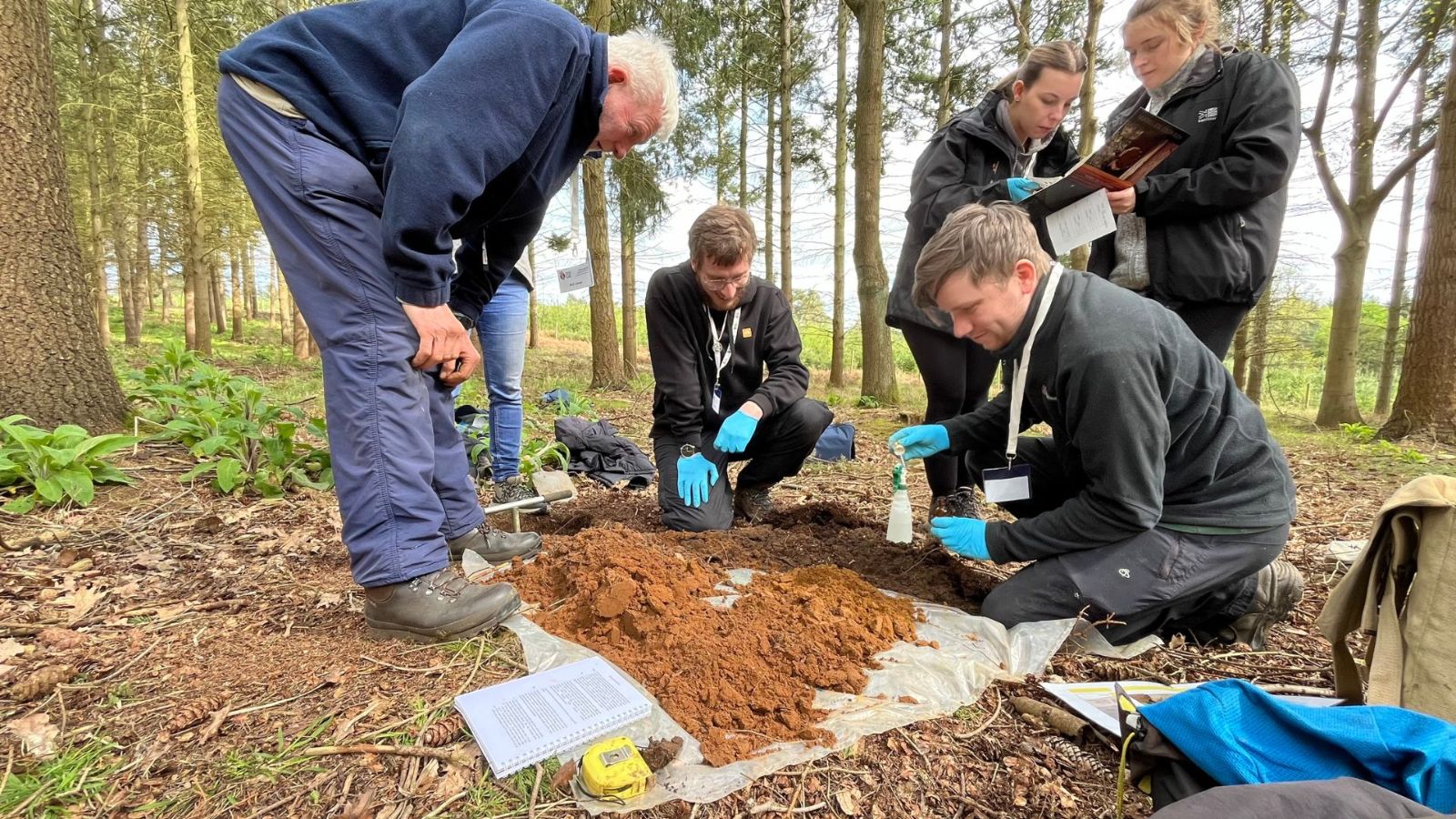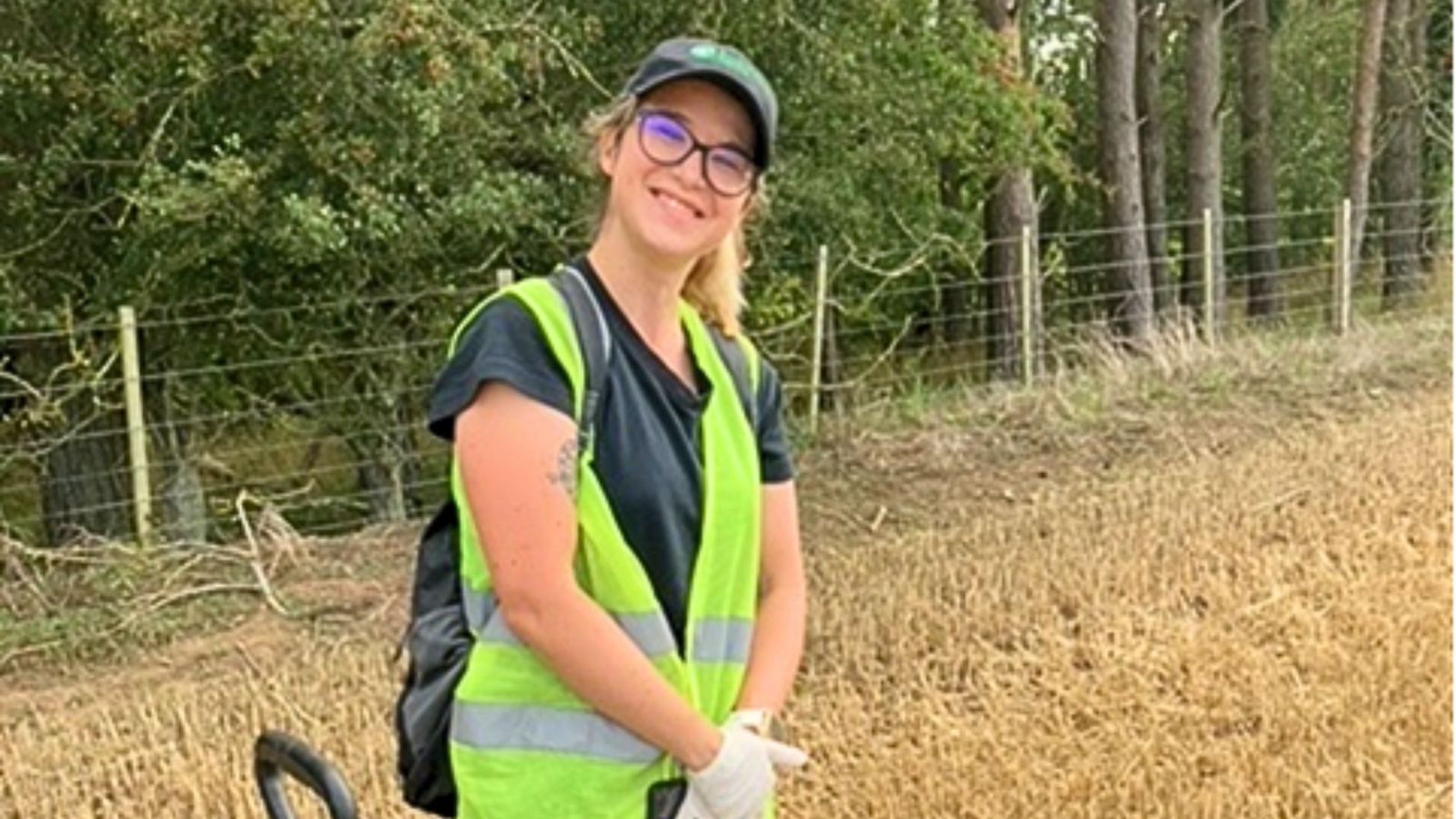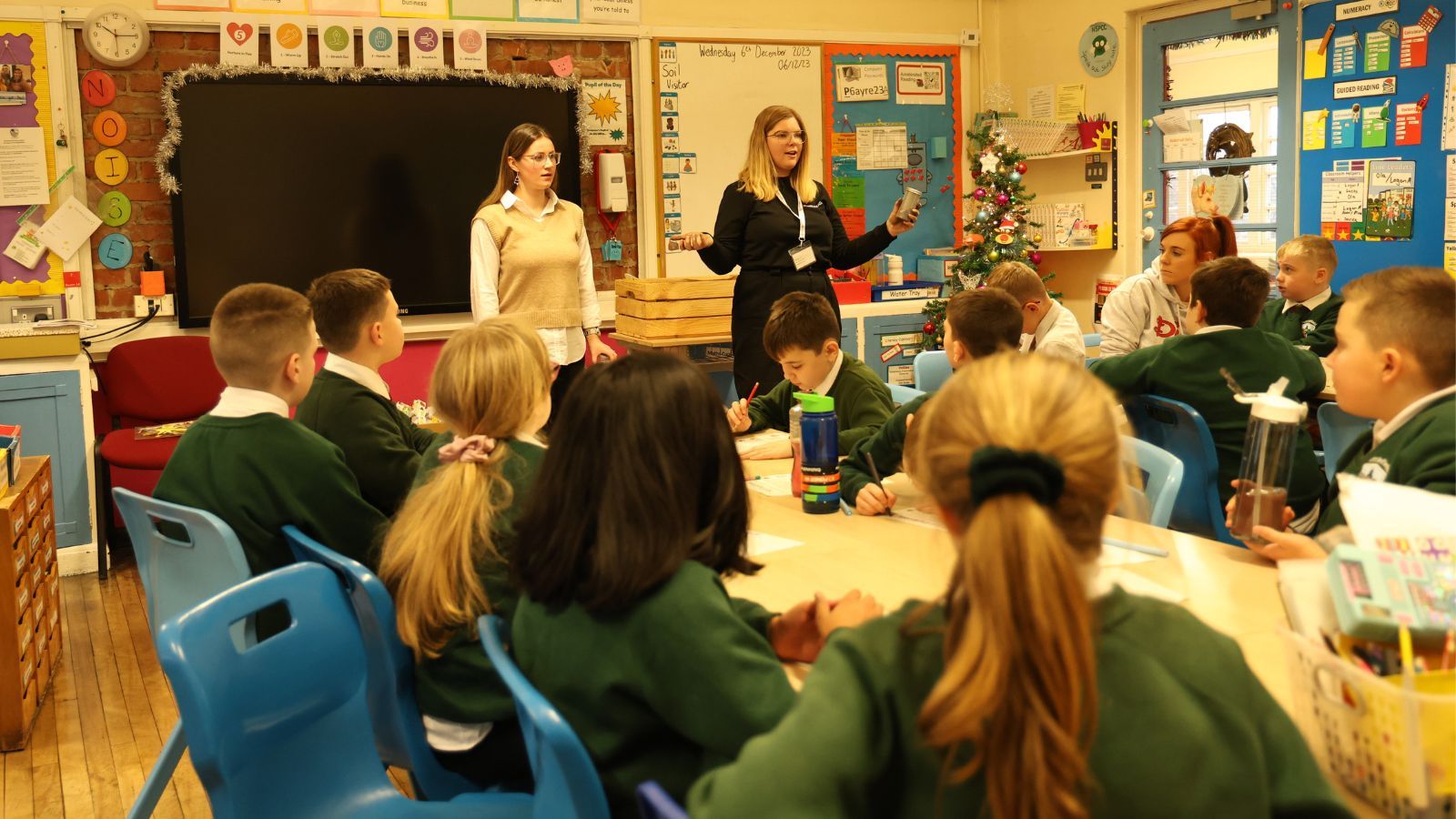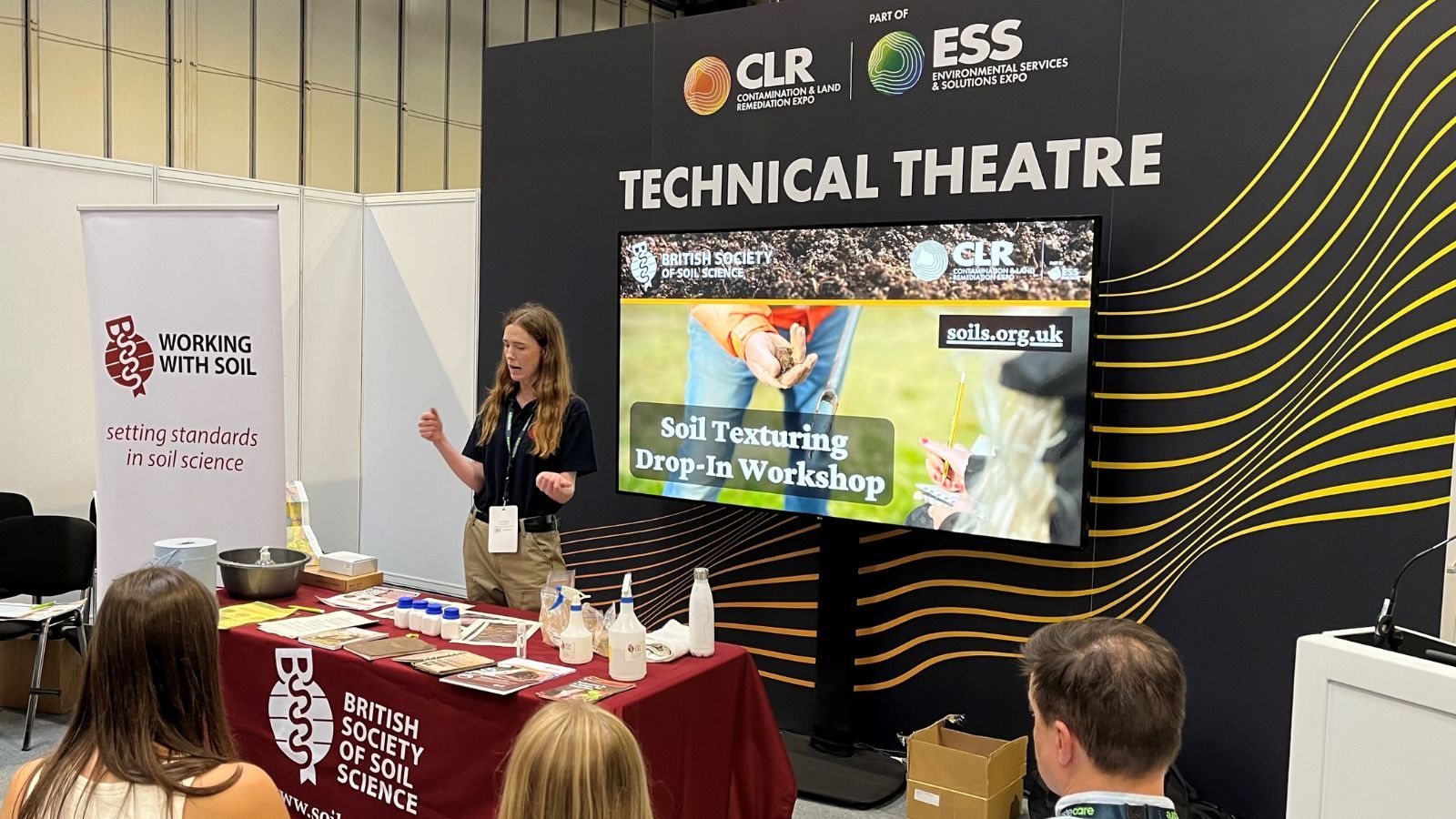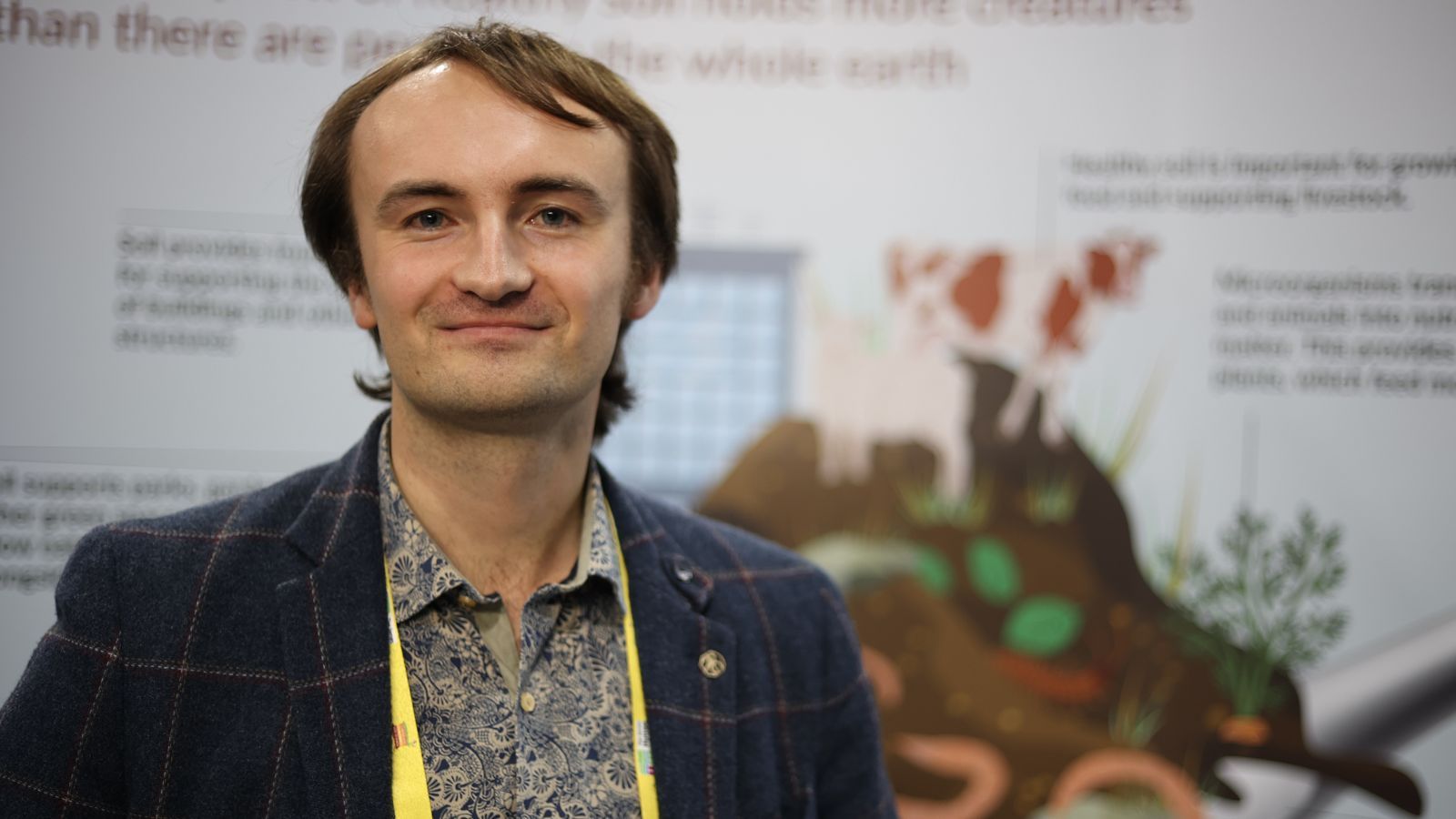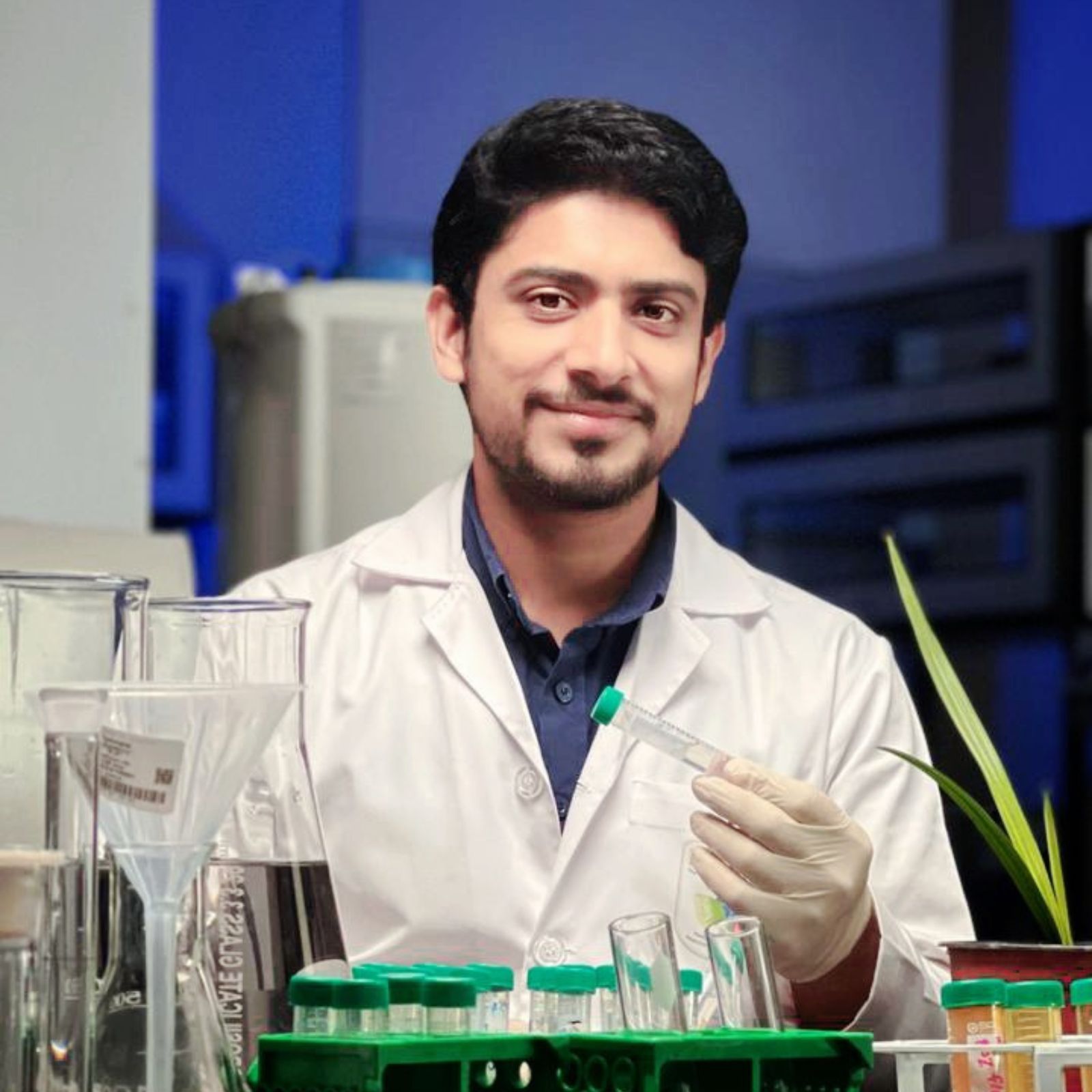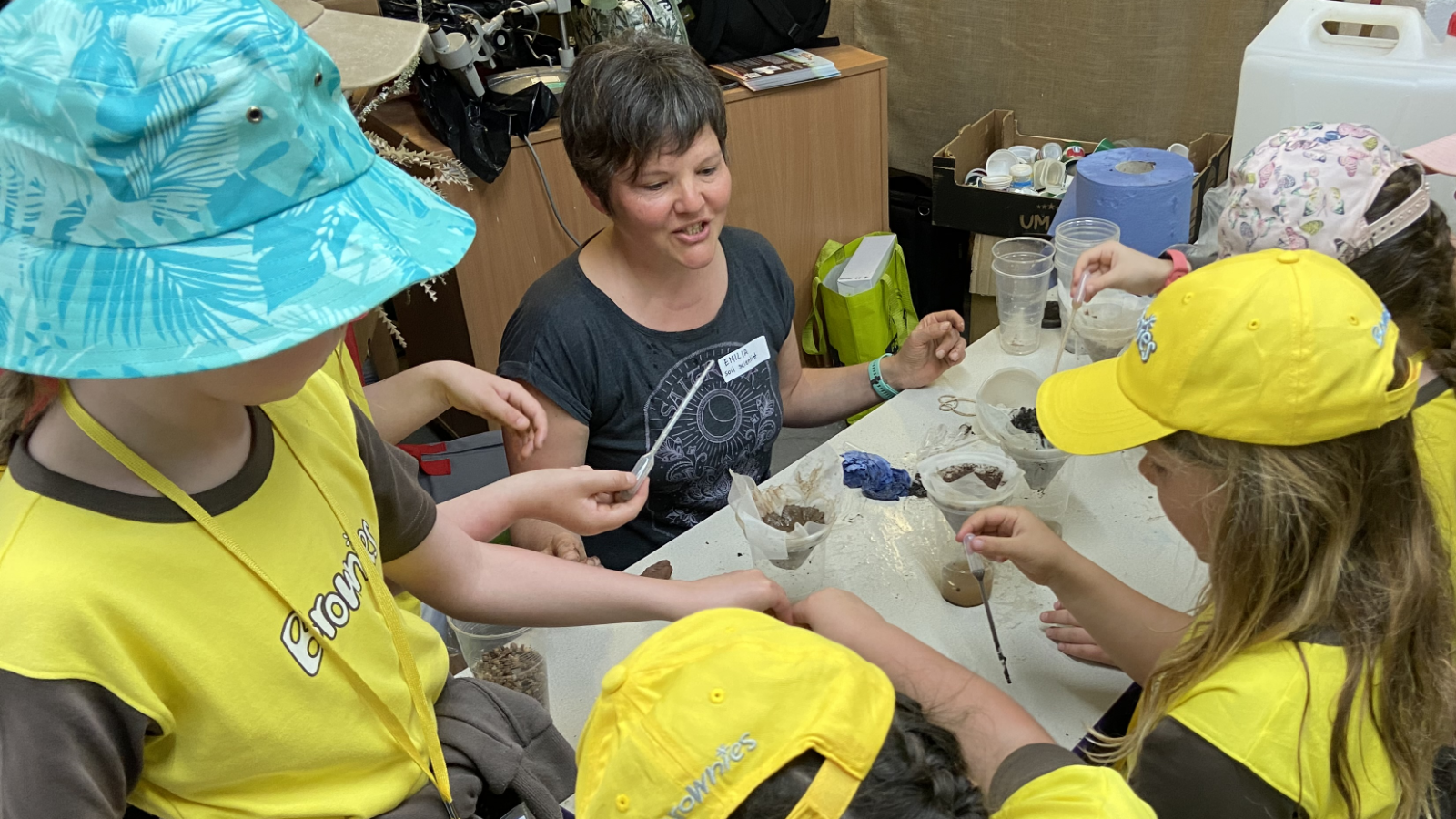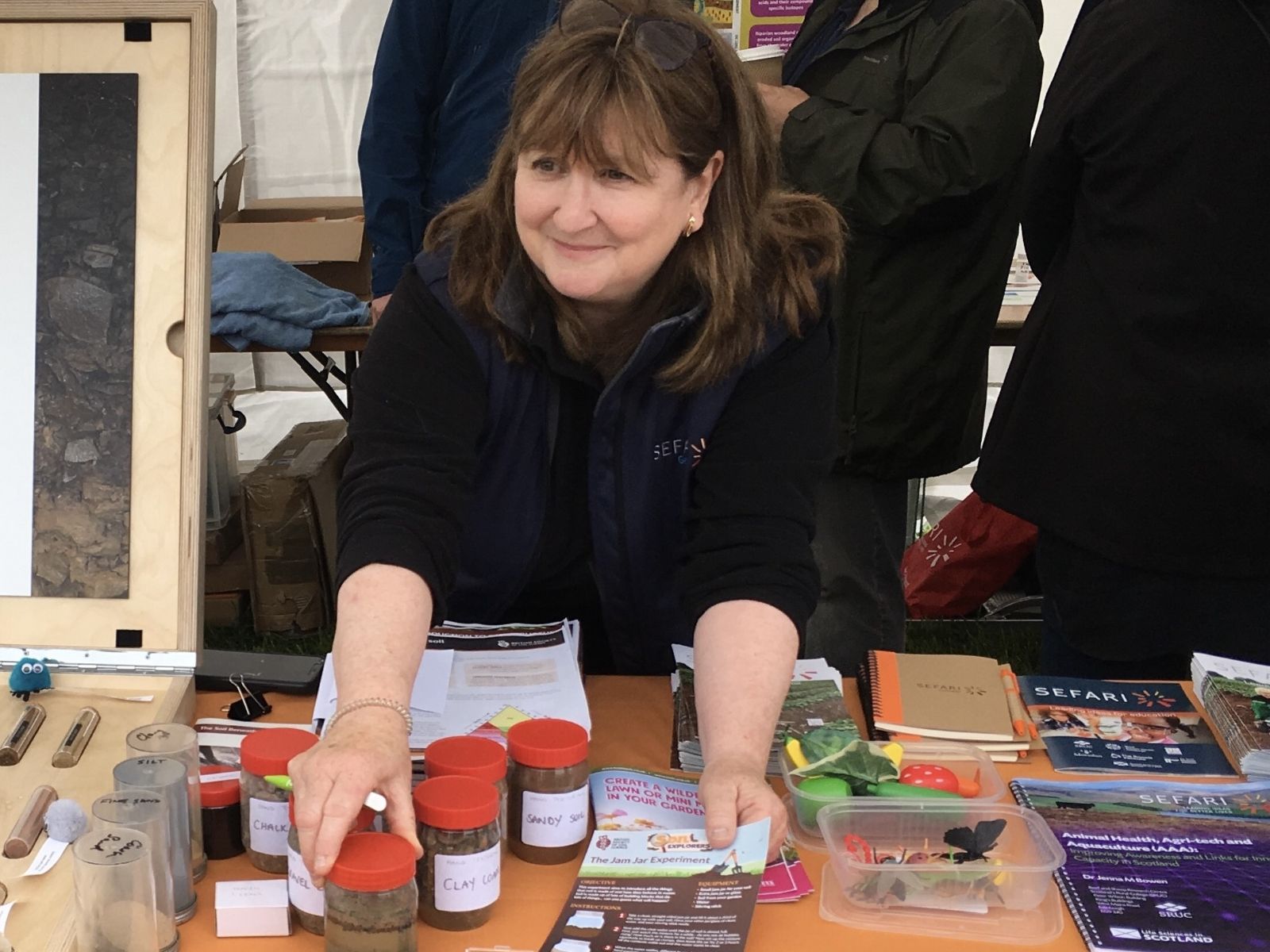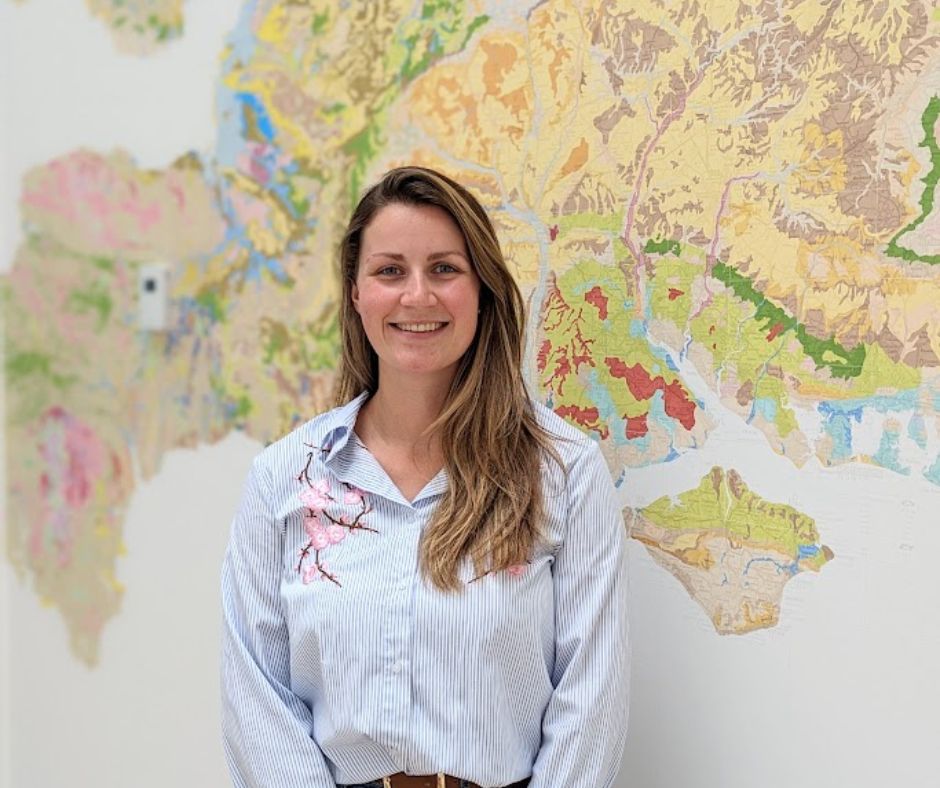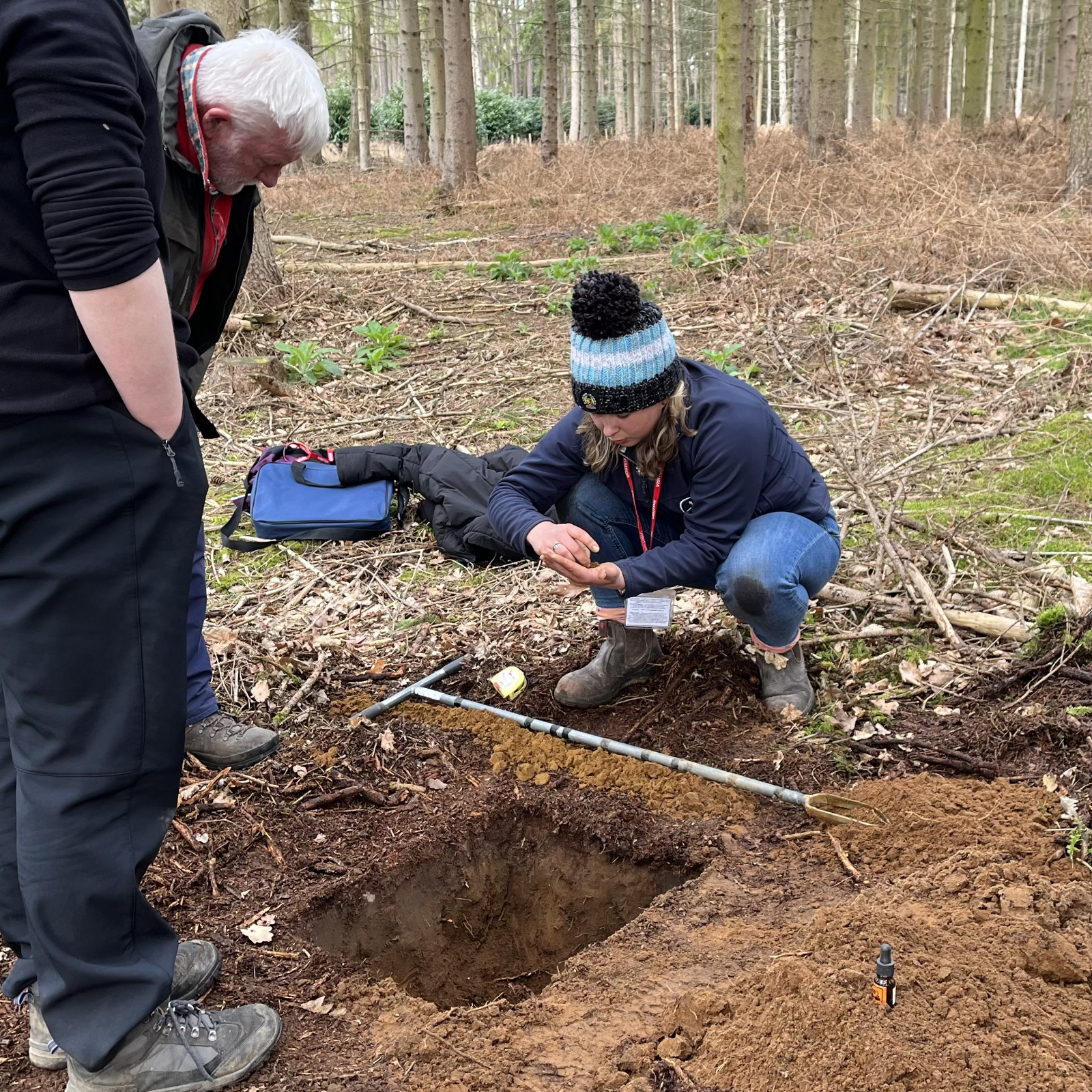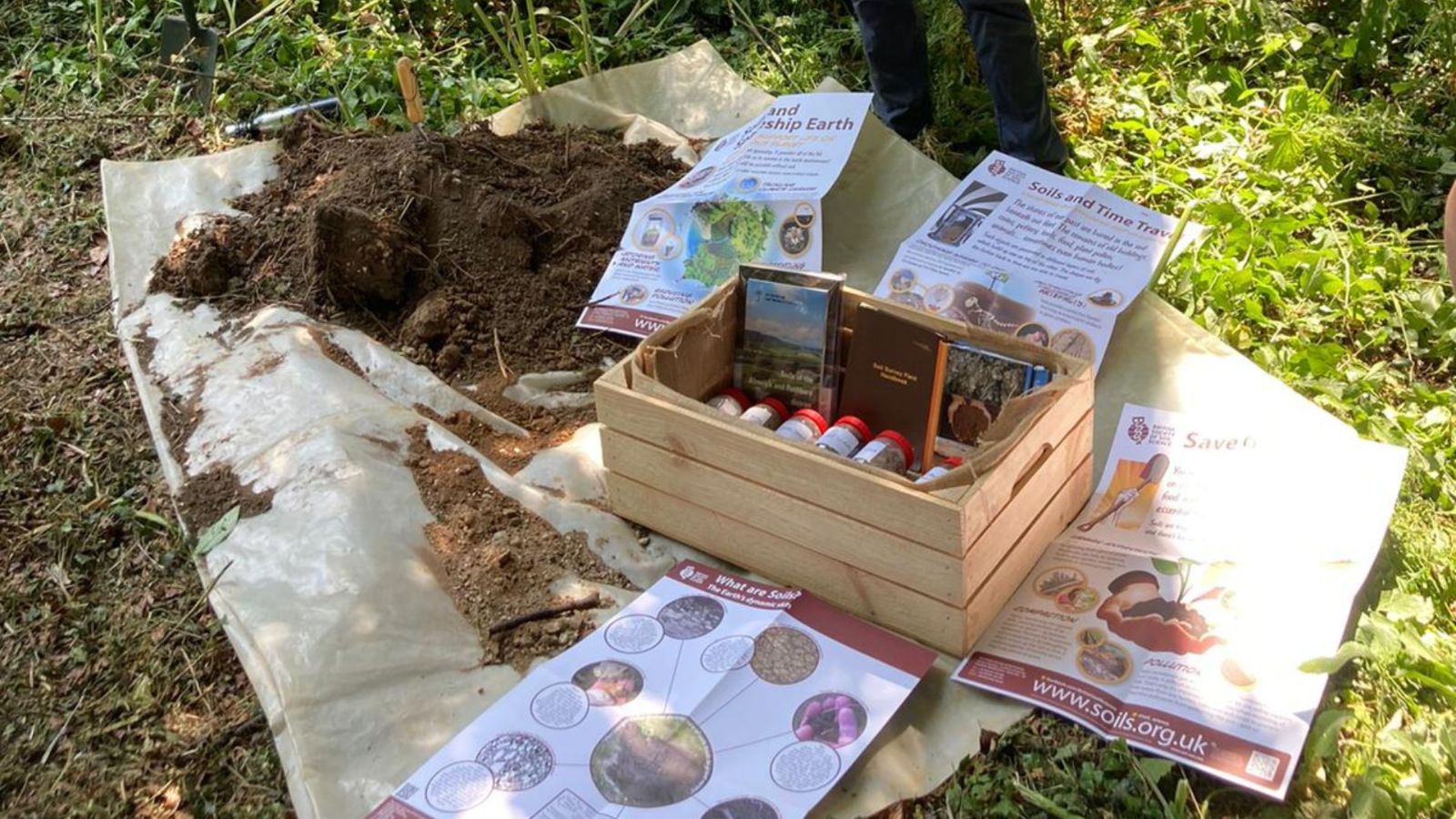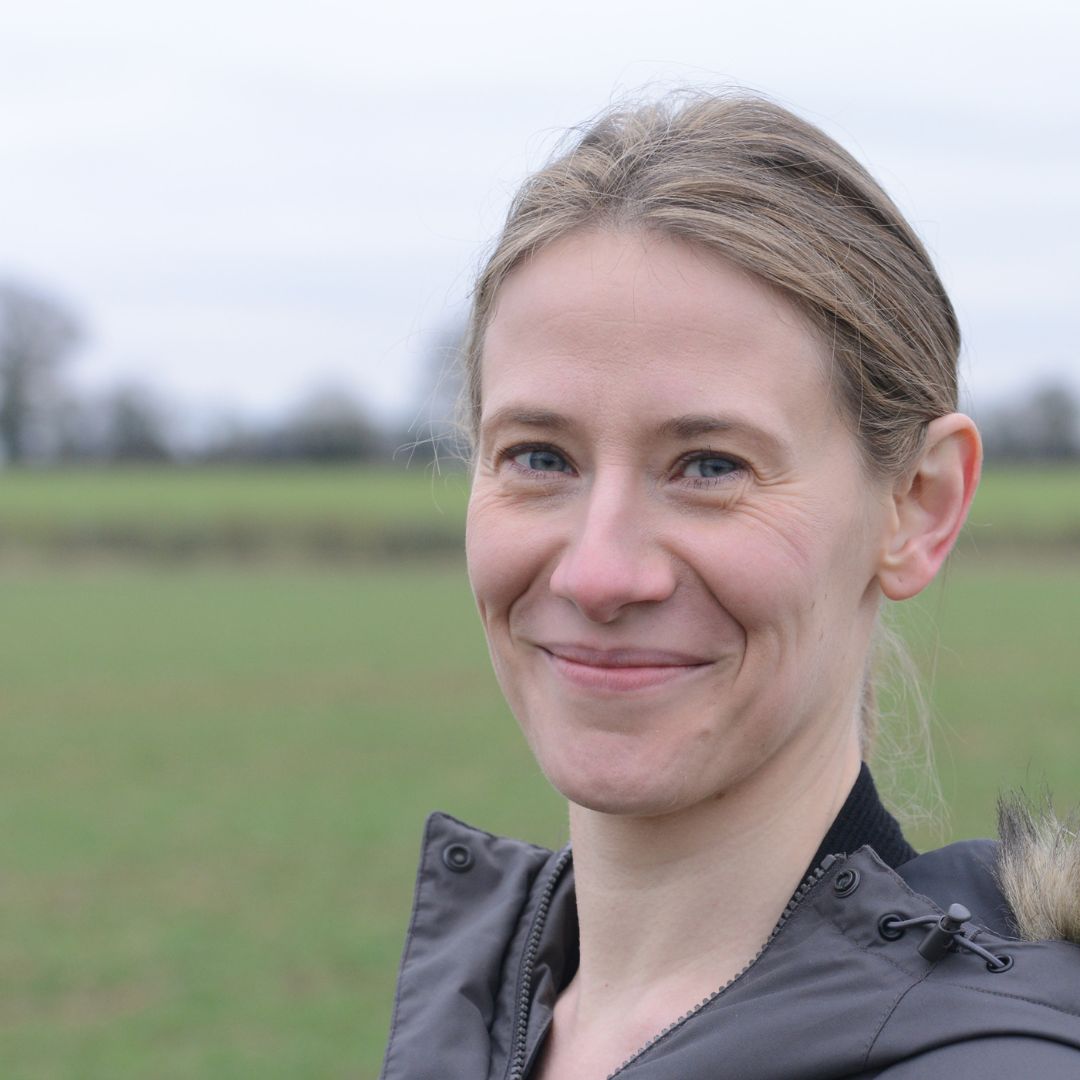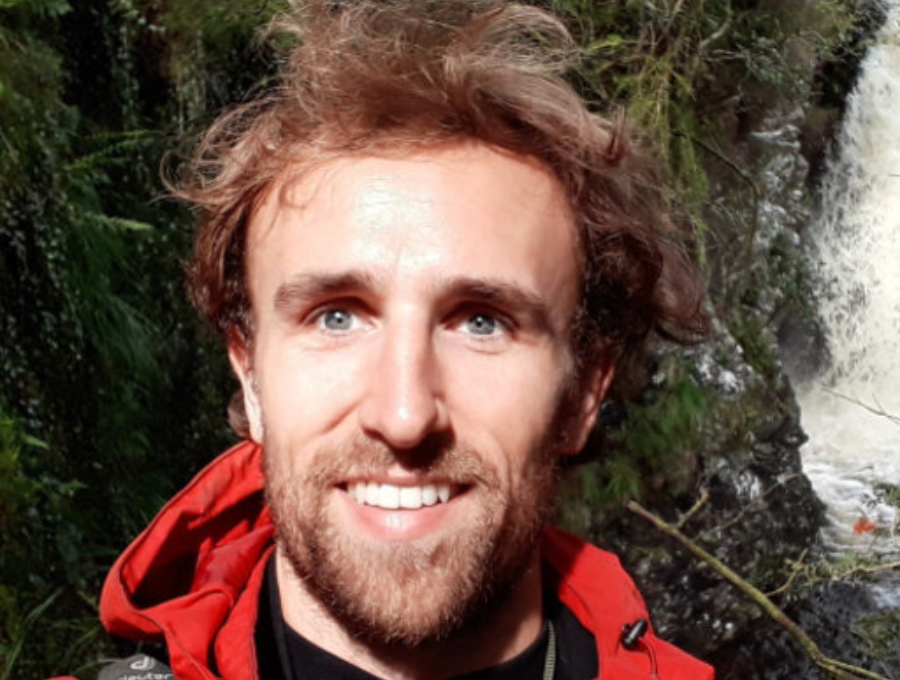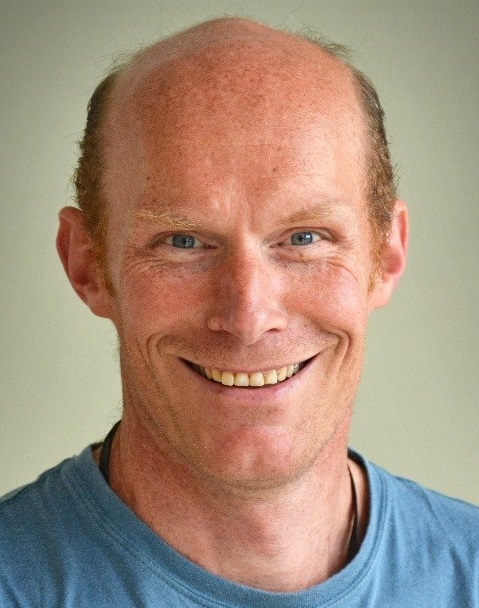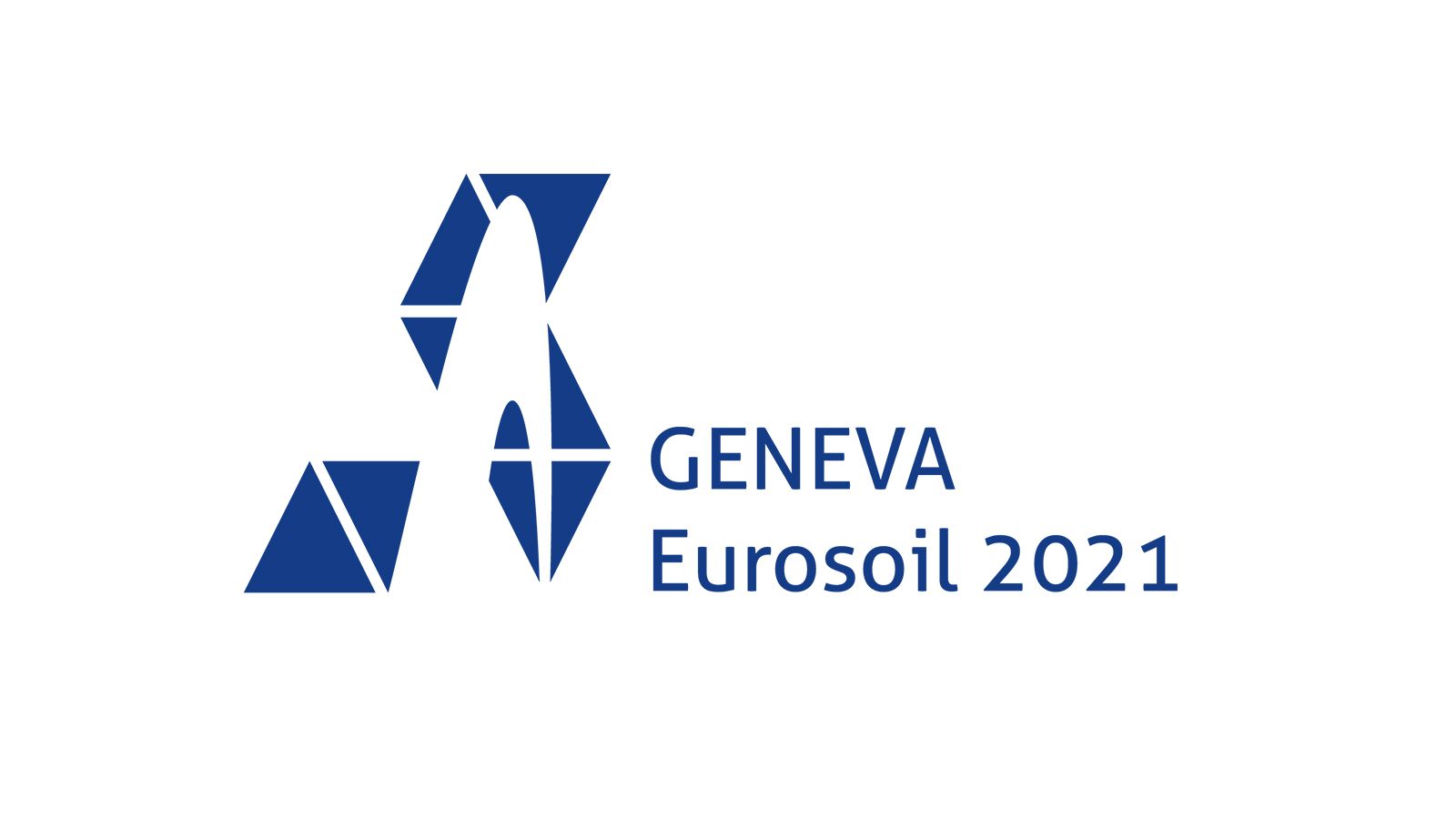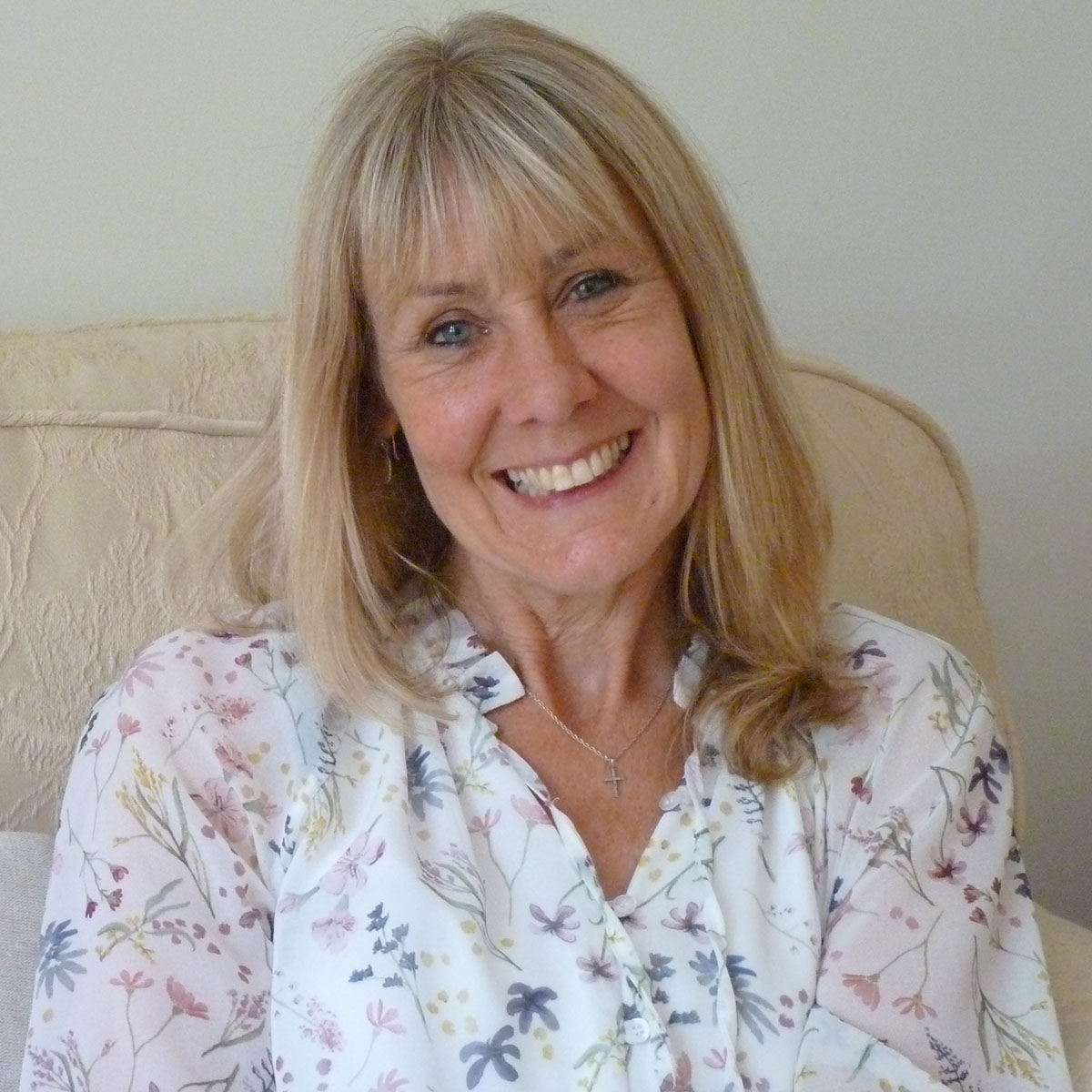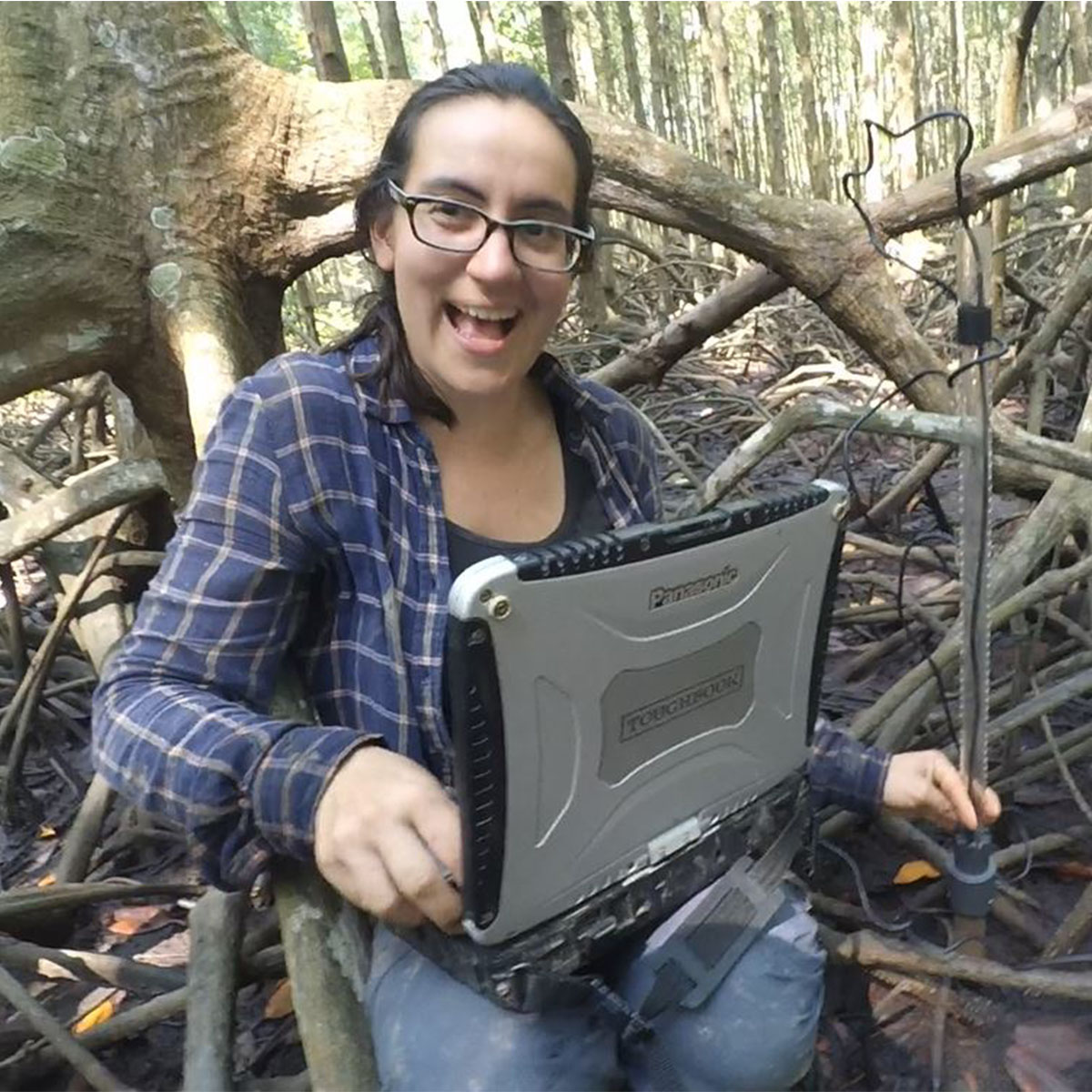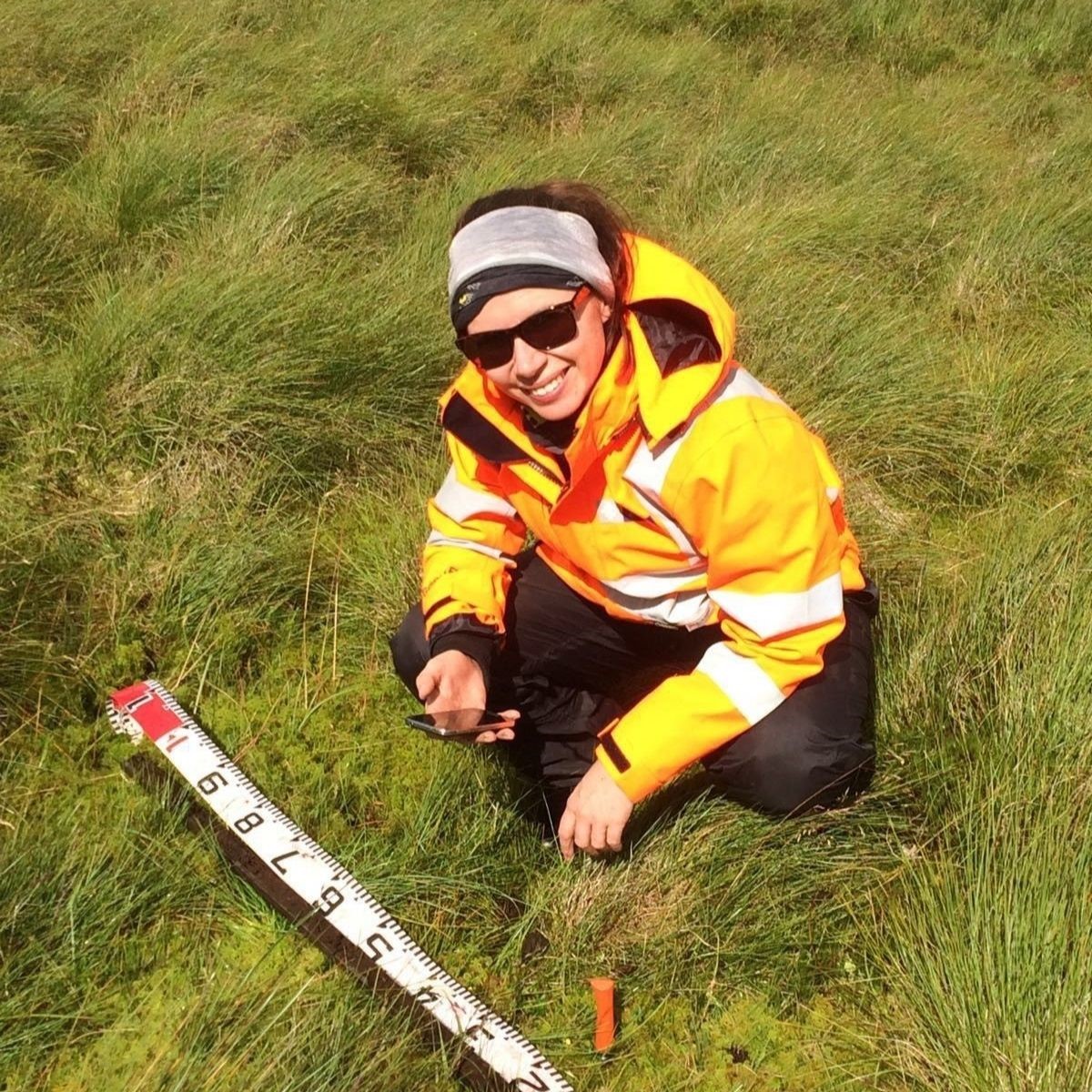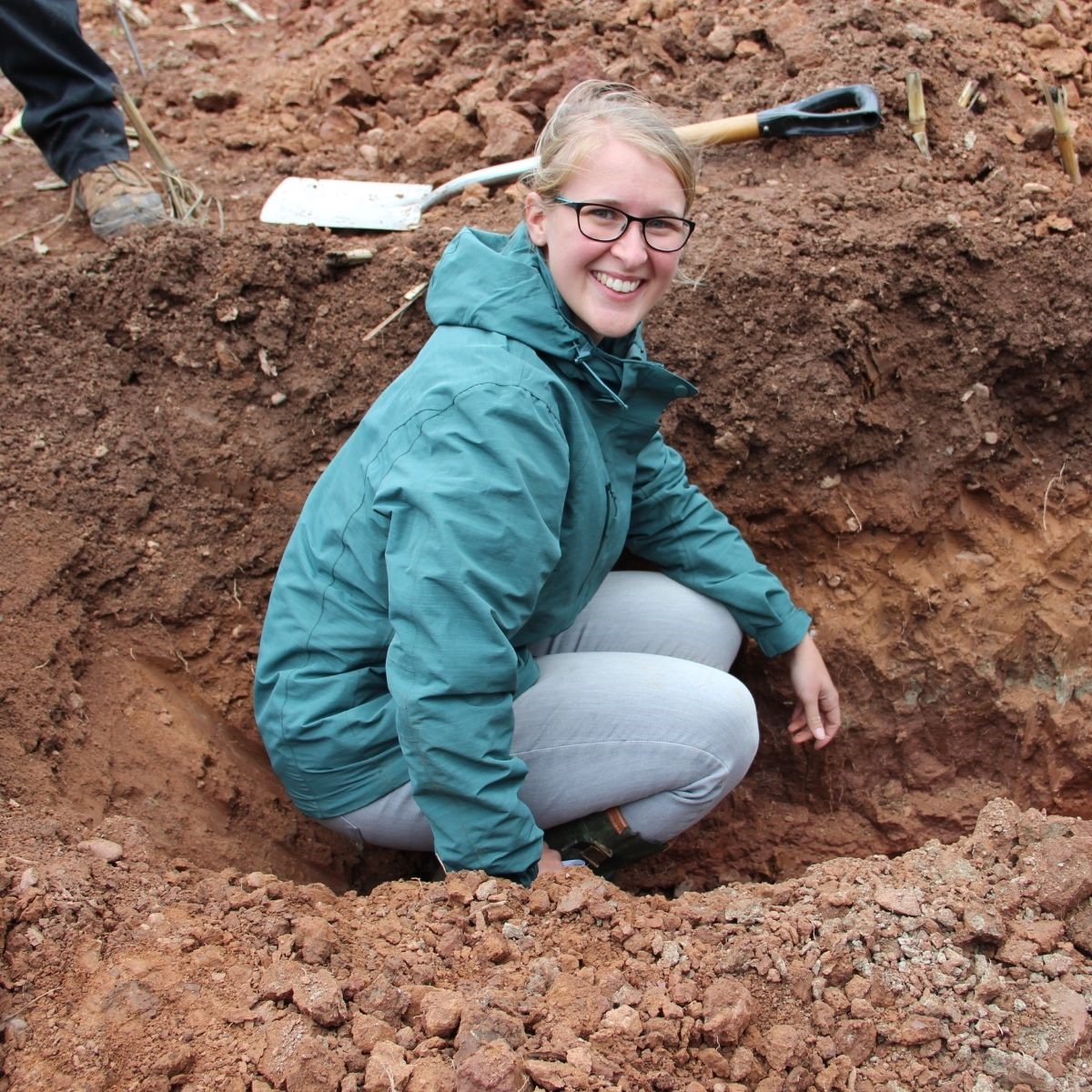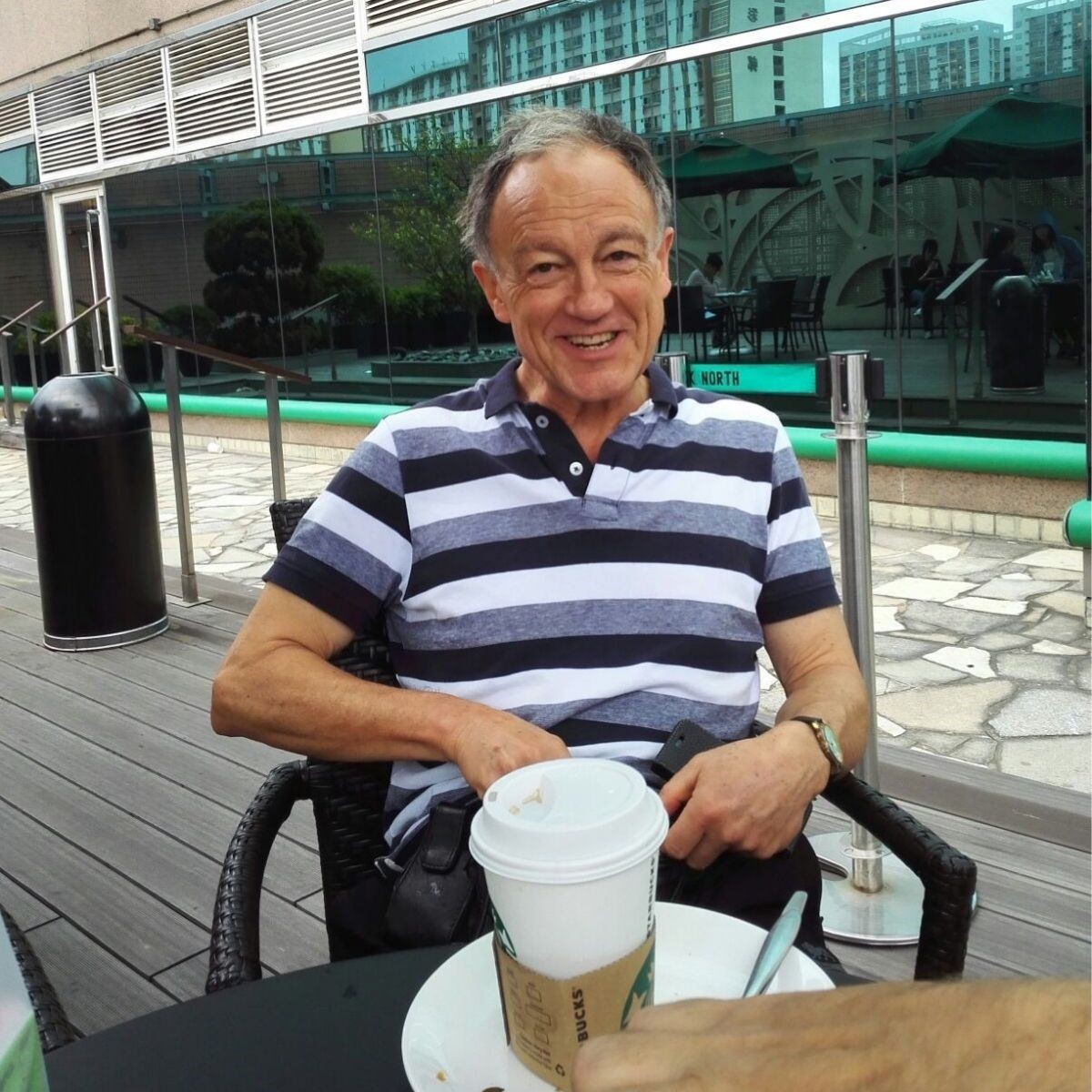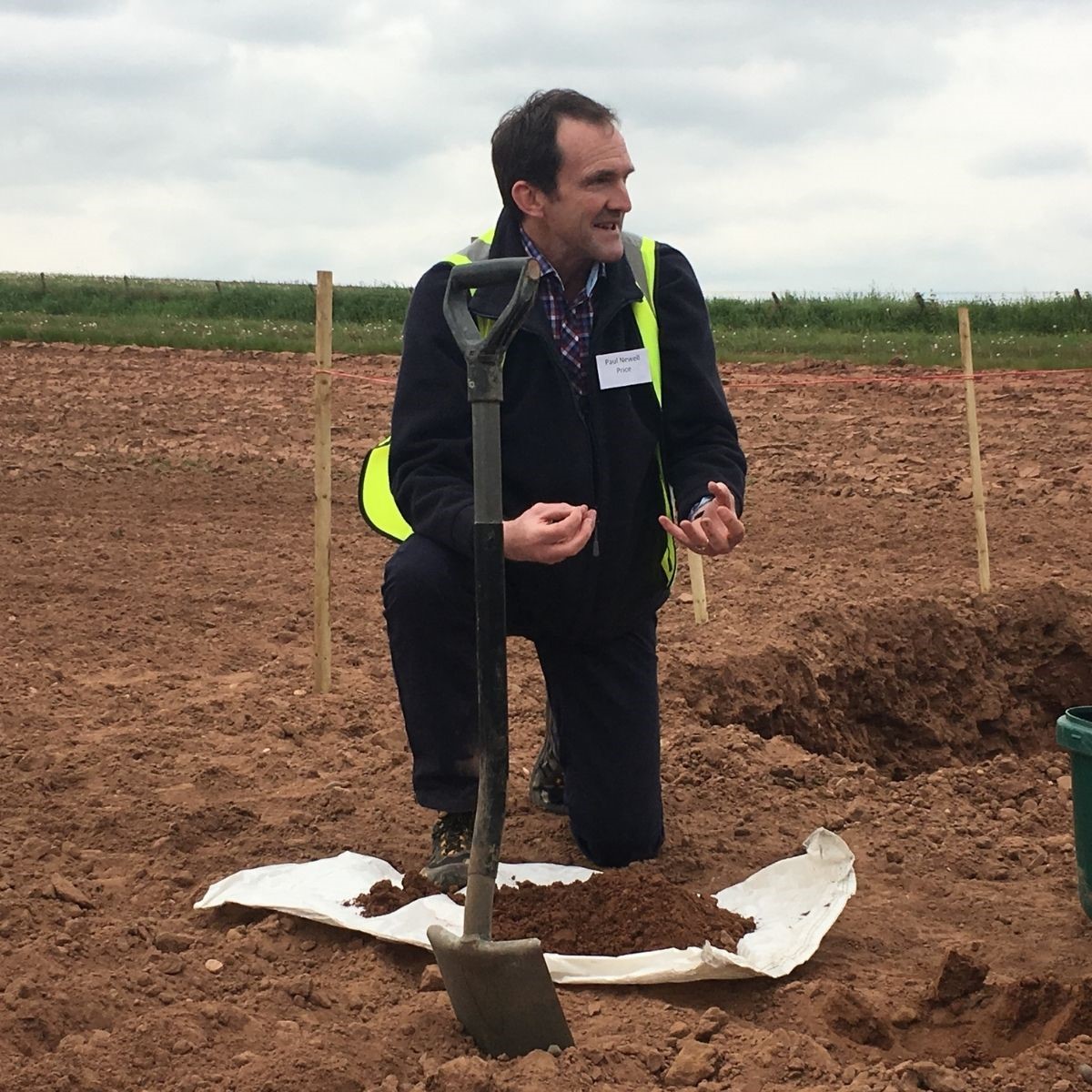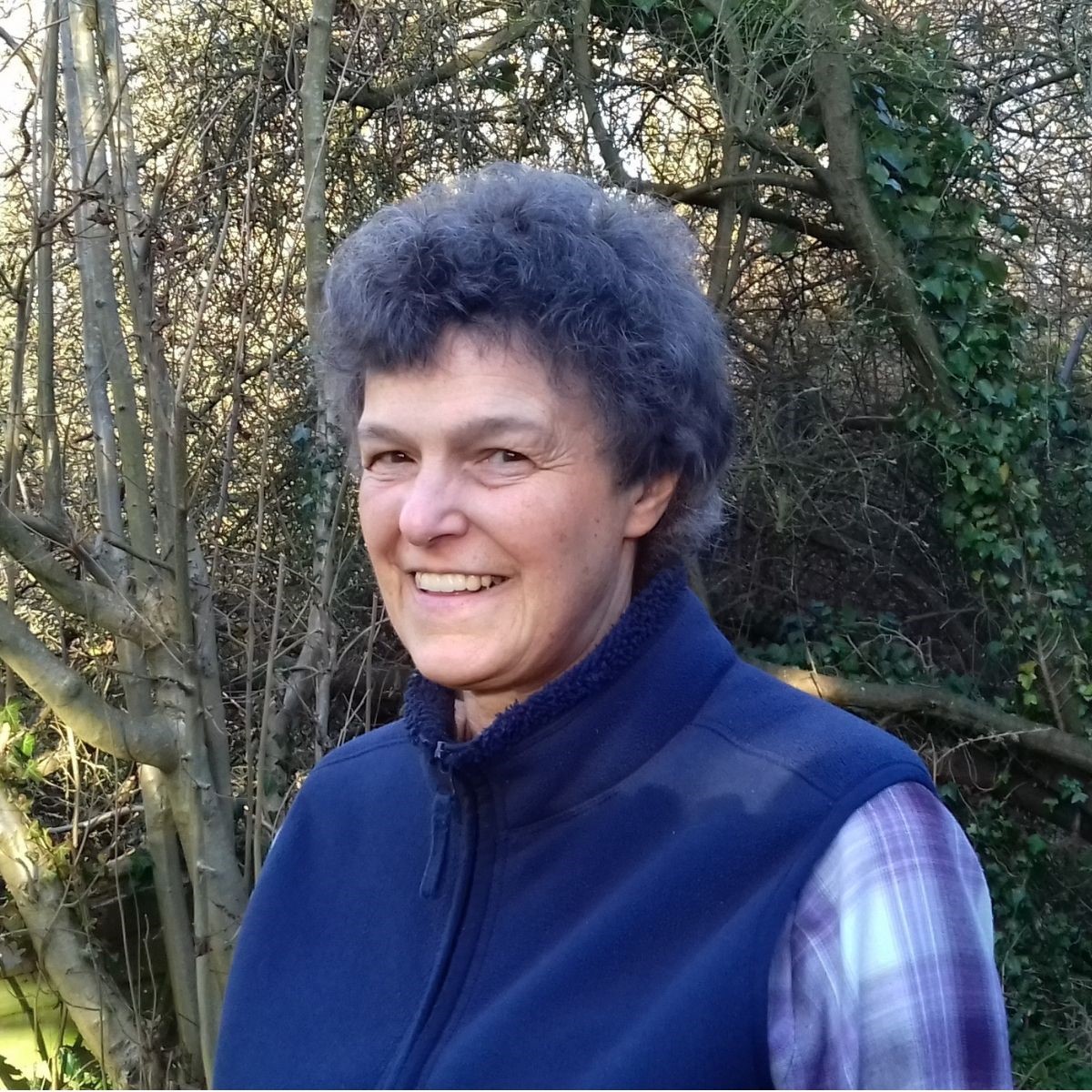Which organisation do you work for?
Michael Okpara University of Agriculture, Umudike (MOUAU) Nigeria
An introduction…
Dr Mabel Ifeoma Onwuka is a Soil Chemist at Michael Okpara University of Agriculture, Umudike (MOUAU) Nigeria, where she has been a College member since 1999.
She received her B.Sc. in Soil Science from Eungu State University of Science and Technology, M.Sc and Ph.D. in Soil Science from MOUAU. She has spent 19 years bringing a blend of innovative research and teaching on the restoration of the health of the degraded soils of the Tropics, into the mainstream of higher education and food production.
She has more than 25 publications as scientific journals, book chapter and proceedings. She is a member of four professional bodies. Mabel was an Israel Mashav fellowship recipient in (2011), an Australia –African Award fellowship Alumnus (2014) and currently a Rothamsted International Research fellow, United Kingdom.
She is happily married with four children and enjoys cooking, gardening, playing football and listening to music.
Can you describe your work in general? And what are you currently working on?
My work involves teaching undergraduate and post graduate students courses such as soil chemistry and microbiology, soil and plant analysis, soil fertility and water management and advance soil chemistry. Others duties include supervising students’ projects, provide pastoral care to my advisees, produce publications, source for research grants and engage in voluntary work in the community.
My research over the last 15 years has focused on the amelioration of degraded soils with organic (including animal manures, compost, ash and biochar) and inorganic (including lime) amendments and the relationship with crop yields. My research is set in the context of alleviating the poverty of resource-poor smallholder farmers, many of them women, in Southeast Nigeria, and the sustainable intensification of agriculture for food security across the Nigerian nation. I am currently working on a project titled ‘improving cattle dung management to increase crop production in degraded agricultural soils of Southeast Nigeria.
Why List 5 things that make your job interesting…
- Work as a team: The team is made of many scientists from diverse backgrounds and experiences, each bringing their multifaceted expertise in solving a given problem. This gives an opportunity to learning new things and keeping a good network.
- Keeps one physically fit: Walking round the field to collect soil samples helps keep one physically fit.
- Solve problems: These involving proffering solutions on global issues such as food insecurity and climate change.
- Closer to nature: Solving problems of the soil involves getting closer to the belowground, atmosphere, terrestrial and aquatic to understand the systems.
- Development of Patience: Testing hypothesis could take some time hence patience is require to wait for the outcome, which always brings joy at the end.
Can you recommend any information resources that have been useful for you in your work?
Internet resources, (websites of Societies such as Soil Science Societies, Organisations such as FAO, e-books on soil and related courses, research gate, google scholar etc), Encyclopaedias of Soil Science, books, thesis among others.
Could you tell us an interesting fact?
Soil is a valuable resources as well as a living system, it must be treated with dignity and respect to get the best out of it.
What is the most exciting or interesting thing you have ever done?
Going to the rural communities to interact with the resource-poor farmers and training them on soil fertility and water management techniques as well as other vital things, which will improve their livelihood.
Who would you most like to have dinner with, and why?
Ellen Graber of the Volcani Center, Israel who got me connected to most Soil Scientists that has helped sharpen my career
What advice would you have for anyone looking at a career in soil science?
Get involved in field work, be versatile in other related courses like plant science, animal nutrition, dairy farming, forestry and wildlife etc. This is important because the knowledge from these courses can be utilised in solving problems in soil science. The person must be a creative thinker, innovative, focus, strong, compassionate and be computer literate.

